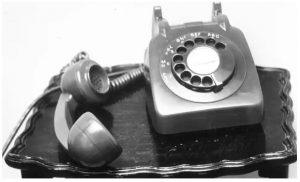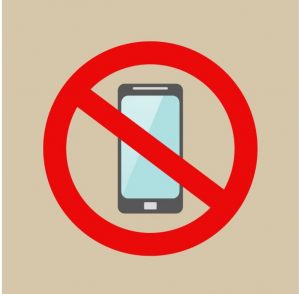
Have you ever been anxiously waiting for an important call, and when the phone finally rings, it is a salesperson talking to you?
Imagine the frustration and irritation that comes with that. For these reasons, there is a Do Not Call registry in different states. A Do Not Call registry was created to stop telemarketers from calling people who do not want sales calls.
Telemarketers and businesses cannot call the numbers written in this registry without the consumer’s permission. Lack of obligation, and you are destined to get a penalty charge. Let us discuss facts any consumer should know about the Do not call FAQ registry.
- Purpose
The registry is created for consumers who do not want to receive calls from unsought businesses and sales.
A consumer can register their home or cell phone number in the list at any time. There is no deadline for registration.
Once you register your number, the telemarketing industry is given a month to stop making calls to you. Should you continue getting unsolicited calls from new numbers even after registration, the probability is that they are from scammers.
Calls from one business entity to another are not covered.
- Re-registration rules
A few years back, DNC registration would expire after every five years. This would mean that a consumer would renew their registration every five years. However, they made an upgrade, which is no longer the case.
Unless an individual cancels their listing or discontinues the DNC service, their number stays in the registry. You do not need to renew your listings if you move places in the exact geographical location and retain the same number.
Re-registration is only needed when you change numbers or names, like in the case of a newly married couple. Some couples –the wives mostly- change their last names. They have to cross-check if their numbers are still on the list now that they have a new name. Read more here https://www.consumer.ftc.gov/articles/national-do-not-call-registry-faqs
- Access for businesses
Any eligible company with qualified professionals cannot continue making calls to consumers. However, other businesses ignore the rules and continue making the calls.
Unless a consumer is an exemption, businesses must refer to the registry and remove the listed number. The fee charge for these businesses to access this registry varies according to the state that they reside in. It is charged annually.
If anyone fails to comply with these rules, they are subject to complaints, investigations, and court presentations. You will also be fined for every call you make.
- DNC Exemptions
Although this registry was created to stop unsolicited calls, some businesses and organizations are exempted from this rule. They can call consumers even if their numbers are in the registry.
These are charitable organizations, organizations involved in surveys or political polls, and telemarketers with a written agreement allowing them to call a listed consumer. These exempt organizations are allowed to access the Do Not Call listings freely.
Since the government prioritizes organization exempts, consumers can do nothing to stop them from calling. Calls from organizations involved in political polls and candidates are usually insanely high during an electioneering year.
- Customer Service
Any unregistered consumer who is yet to make it to the list can register by visiting the DNC link or calling them using the number to do registration. Verifications are also done in the same way.
It is advisable not to pick illegal calls if your number is already registered. Avoid talking directly to someone or pressing buttons for you to be taken off a business’ call list.
You can submit your complaints about illegal calls by phone or by sending an email. You can send them to either the Federal Communications Commission (FCC) or the Federal Trade Commission (FTC). Click here to find out more.

- Technological Issues
Like any other innovation, the DNC experiences technical issues that consumers should know. Due to innovations and advances, telemarketers can now use prerecorded messages and dialing systems. It means that telemarketers do not have to call a client directly.
Most of these calls are usually to registered residential lines. These technological advances allow them to fake identities on caller IDs.
It risks unsuspecting consumers as they can easily fall prey to scammers. It has also become challenging for FTC to identify and charge these scammers.
Conclusion
Are you tired of the many unsolicited calls you keep getting? It is time that you register to the Do Not Call registry. It reduces the number of unwanted calls you keep getting. Registration is free, and you can do it at your own pace.
You can contact a legal adviser who will provide all the necessary information about DNC, including the rules. Individuals who work in telemarketing should equip themselves with this information, too, so that they stay on the right side of the law.
